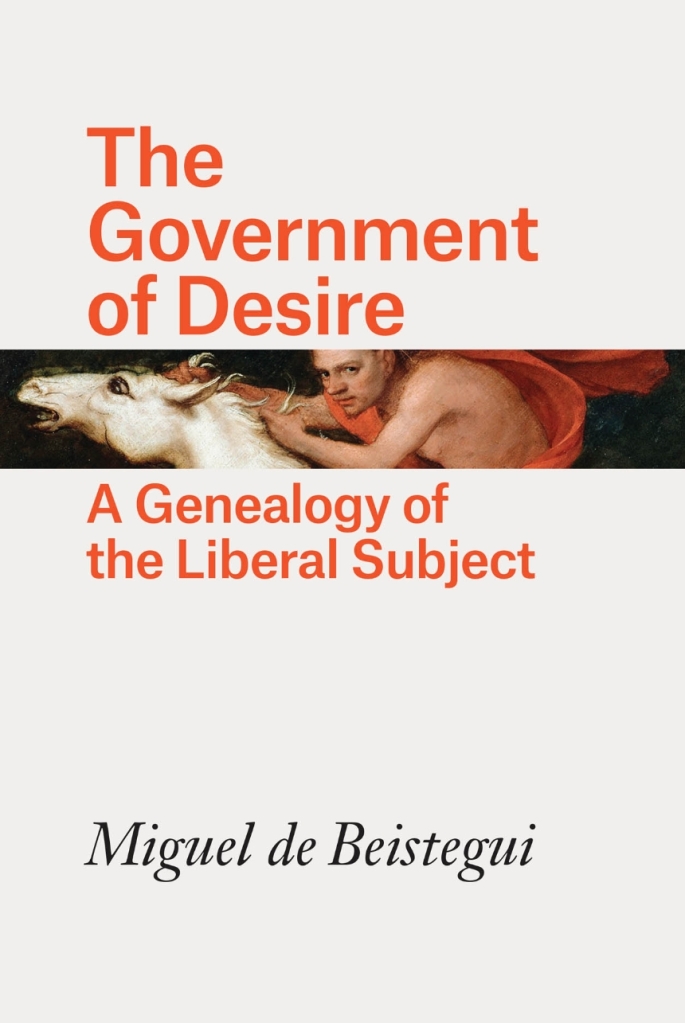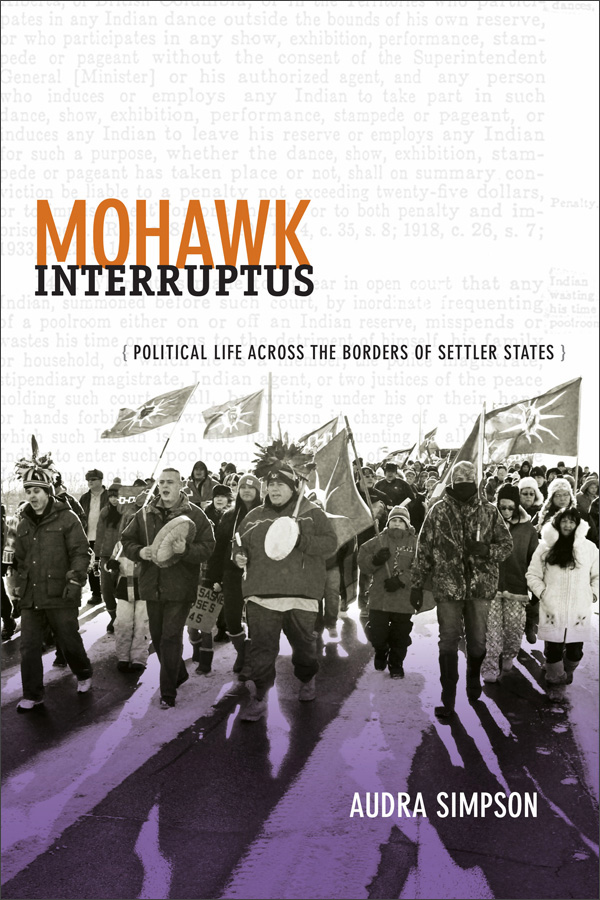We’re back! After a not-so-brief hiatus, we’re excited to bring you a very special and energizing episode. James and Sid talk with Dr. Vincent Lloyd about his latest book, Black Dignity: The Struggle Against Domination. In this lively conversation, your hosts and Vincent explore the new moral and political vocabulary of contemporary Black racial justice. Breaking down barriers between activist and academic knowledge-production, Black Dignity offers a novel and urgent perspective on anti-Black domination, Black love, Black rage, Black futures, Black struggle, and, most importantly, Black dignity. In this wide-ranging conversation, we ask Vincent how he engages with debates around Afropessimism and Black optimism, the role of religion, theology, and struggle, Black feminist thinking, the Black radical tradition, differences between liberals and leftists, revolution and abolition, and much, much more. The thoughtful exchanges between James, our resident expert on all things religious, theological, and mystical, and Vincent on ontology, apophatics, soteriology, conjuring, and spirituality are not to be missed.
Email us at alwaysalreadypodcast AT gmail DOT com. Subscribe on iTunes or Spotify. Follow us on Twitter. Like our Facebook page. RSS feed here. Patreon here. Thanks to Bad Infinity for the intro music, “Post Digital,” from their album FutureCommons; always already thanks to B for the outro music. For the mp3 of the episode click here.
Links:
- Dr. Vincent Lloyd’s Faculty Bio
- Black Dignity: The Struggle Against Domination (Yale UP, 2022) Press website
- Villanova University Center for Political Theology and Political Theology Network Blog









